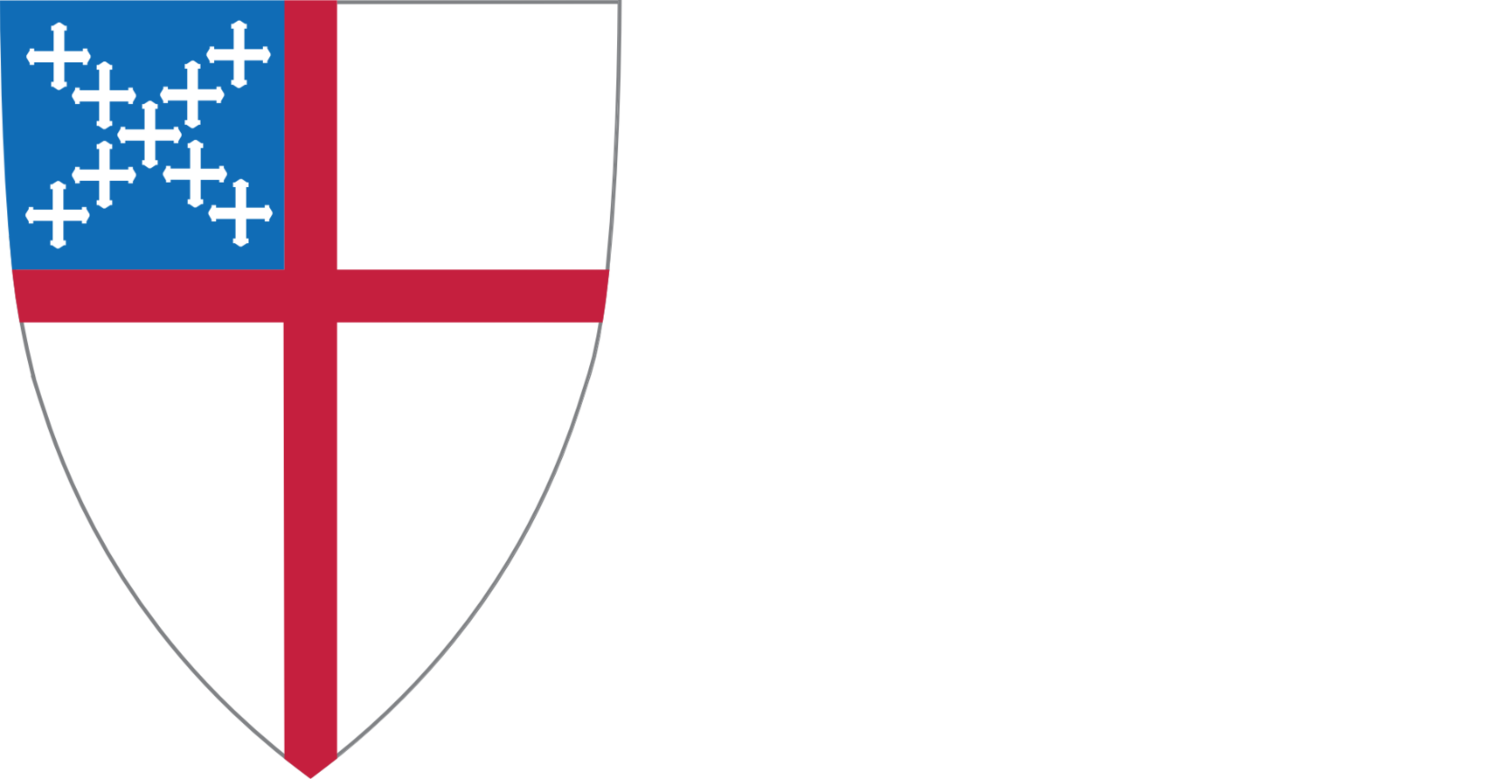A Pastoral Letter to
the Clergy and People of the Convocation of Episcopal Churches in Europe
Paris | June 22, 2025
Praying for Peace in a time of Expanding Conflict
For from the least to the greatest of them, everyone is greedy for unjust gain; and from prophet to priest, everyone deals falsely. They have treated the wound of my people carelessly, saying, “Peace, peace,” when there is no peace.
—Jeremiah 6:13–14, NRSV
To the People of God of the Convocation of Episcopal Churches in Europe,
This morning here in Europe we went to church with news of the bombings of Iranian nuclear facilities by the United States confronting our prayers for peace. As I write these words to you, it is still not clear what damage has been wrought by this action; nor is it clear whether a much wider war in the Middle East is now unfolding before us.
No cause of peace has ever been well served by preemptive war. In no way does it defend the actions of the Iranian regime to say that the path of diplomacy had not yet run its course in resolving the question of Iran’s drive to dominate its region, and the whole Islamic world, through force.
The gospel we preach is both a message of peace and a commitment to defend the vulnerable and the helpless; and in this broken world, those commitments sometimes come into conflict. We cannot forget that over the past decades, peaceful protesters in Iran—especially women—have been incarcerated, beaten, and tortured for daring to ask for the basic right of freedom of conscience. Nor can we forget that we in the Episcopal Church in Europe have baptized Iranians who now face deportation from countries in Europe and trial in Iran under the so-called apostasy laws of that regime.
Of course, the conflagration now consuming the Middle East began more than a year and a half ago, when Hamas—itself a proxy of the Iranian regime—unleashed a brutal terror attack on Israel. More than a thousand people were murdered, including 815 civilians. Two hundred and fifty one Israelis, both military and civilian, were taken hostage. This caused the world to justifiably recoil in shock and horror, and Israel was shaken to its core, feeling its very existence to be threatened.
Since then, successive military campaigns by the Israeli Defense Forces (IDF) have caused utter devastation in Gaza, reducing most cities to rubble. According to the IDF, Hamas has persisted in sheltering in a network of underground tunnels, precipitating repeated bombings of institutions like hospitals and schools by the IDF—which the government of Israel has justified on the basis of its claims of the presence of Hamas operatives in these spaces. Just earlier this month, last week, an Israeli drone attacked the Anglican Al-Ahli Hospital—virtually the last hospital operating in Gaza—killing 5 people, including a father escorting his son to surgery and three journalists.
I will have more to say about the urgent need for a cessation of hostilities and the redoubling of humanitarian aid to the beleaguered people of Gaza in the days ahead. For now, I ask all of our people to pray fervently for an end to hostilities, for the rapid deescalation of what could become a major conflict engulfing a wide swath of nations and millions of people, and for the return of dialogue and diplomacy in resolving the conflicts between nations.
At the same time, in this moment our congregations must be aware that, as churches associated with the American branch of the Anglican Communion, we are among those institutions regarded as in some way associated with American values abroad that may now become the focus of particular outrage because of these events. We must now be vigilant in protecting the safety of our gatherings for worship and take reasonable precautions to ensure the security of our people. Each one of our congregations wears to a greater or lesser degree the American aspect of its Episcopal identity; your own judgment about these matters will surely be better than mine. At the very least, leaders of our congregations should be in contact with local authorities for advice about how best to assure the safety of all.
May God, in his mercy, guide the leaders of our nations away from the google of war and into the paths of peace, that we may be spared a wider conflict and yet more wanton destruction.
See you in church,
The Right Reverend Mark D. W. Edington
Bishop in Charge
